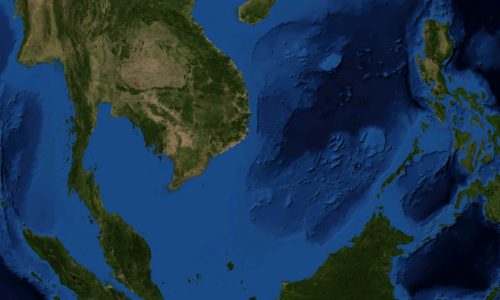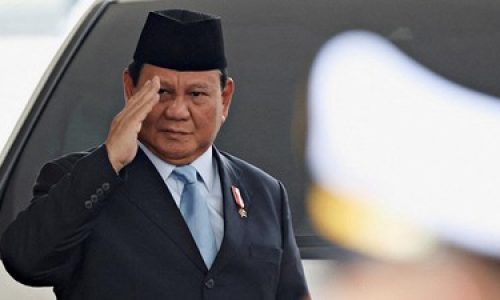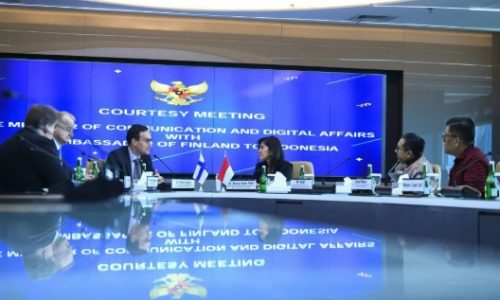President Prabowo Subianto’s first overseas trip since being inaugurated on October 20, 2024 has drawn sharp criticism from various circles, including The Economist.
The British weekly magazine said in the report of its November 28, 2024 that Prabowo’s recent diplomatic tour to six countries, including China and the United States, on November 8-23, 2024 was considered poorly planned and had raised a number of questions about the direction of Indonesia’s foreign policy. It also said that Indonesia’s foreign policy under President Prabowo has the potential to lose its identity as a country that has so far been neutral and independent.
During his visit to Beijing, Prabowo was warmly welcomed by Chinese President Xi Jinping. However, Prabowo’s decision to sign a joint statement covering cooperation in resource exploration in the South China Sea has come under the spotlight. This agreement is seen by several parties as a tacit recognition of China’s claims in the region, which Indonesia has previously always rejected based on the principle of maritime sovereignty.
“Prabowo said that he agreed to a Chinese draft of a joint statement, following only cursory consultation with his diplomats. The joint statement gave away longstanding Indonesian positions. It acknowledged for the first time the existence of a dispute with China over rights to resources in the South China Sea. Indonesian leaders had long resisted this step, seeing it as tantamount to legitimizing China’s claim. Worse, Mr Prabowo agreed to jointly develop the fisheries and gas there, in effect committing to share the spoils of Indonesia’s bounty,” wrote The Economist in their editorial.
Criticism has also been directed at the lack of coordination between the President and foreign policy institutions. The new Foreign Minister, a former Prabowo aide, is considered inexperienced in handling complex diplomatic issues. This has raised concerns that Indonesia’s foreign policy under Prabowo’s administration will lose direction and be less responsive to global challenges.
At the G20 forum, Prabowo’s promise to stop using coal by 2040 also received skeptical attention. Analysts considered this target ambitious and unrealistic, considering that currently more than 60 percent of Indonesia’s electricity needs still depend on coal. The move was considered more to attract sympathy from developed countries, rather than reflecting a measurable and credible energy transition plan.
Palace’s response
Despite the criticism, the Presidential Palace in Jakarta stated that this trip was part of a strategy to strengthen Indonesia’s position on the global stage. The presidential spokesperson emphasized that the cooperation established would bring long-term benefits to Indonesia, especially in the economic and energy sectors.
However, until now, big questions about the direction of Indonesia’s foreign policy under Prabowo’s leadership have not been answered, sparking debate among diplomacy experts and political observers.









